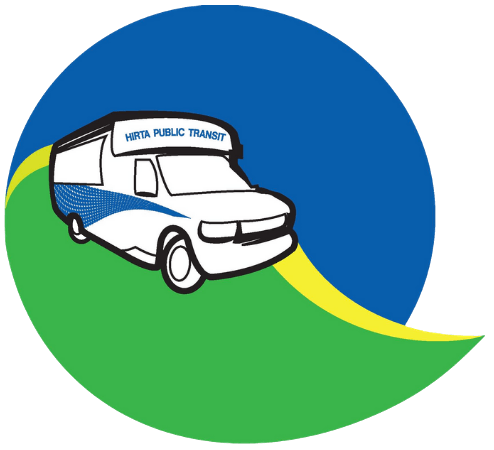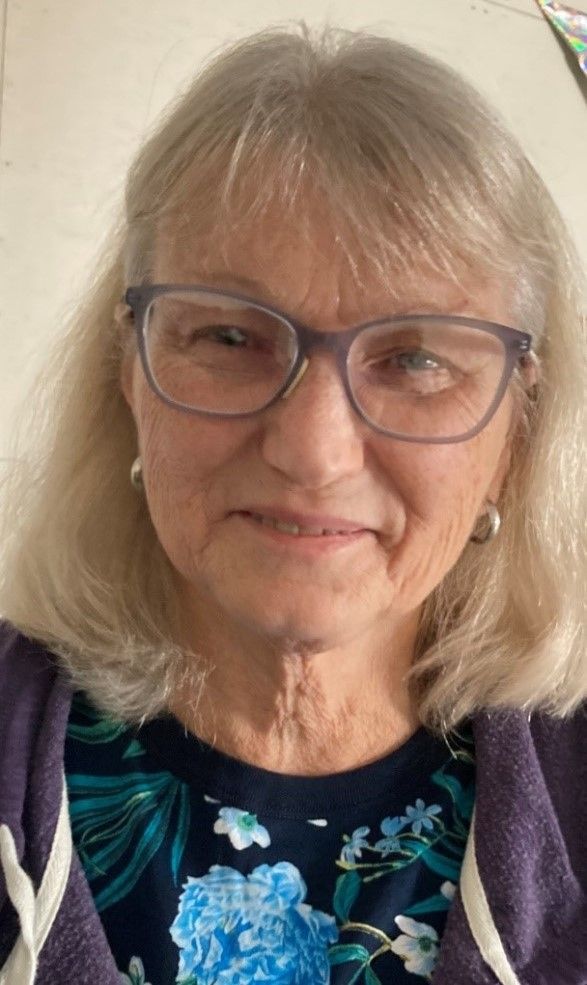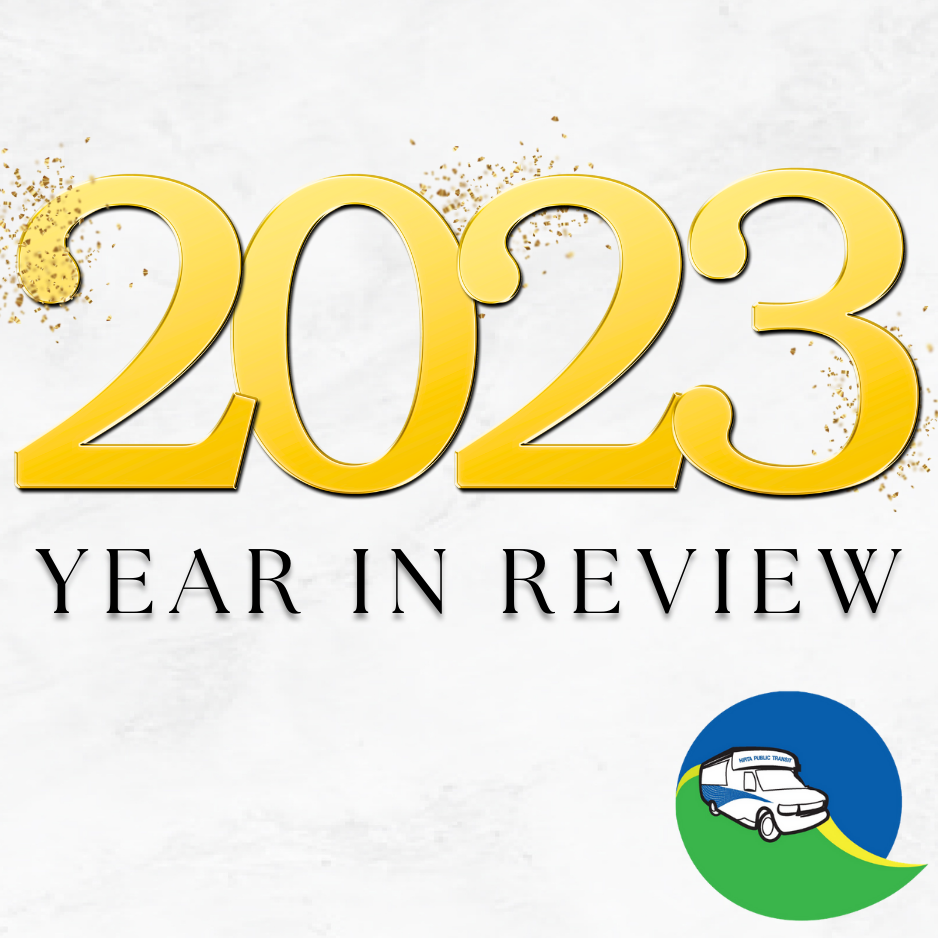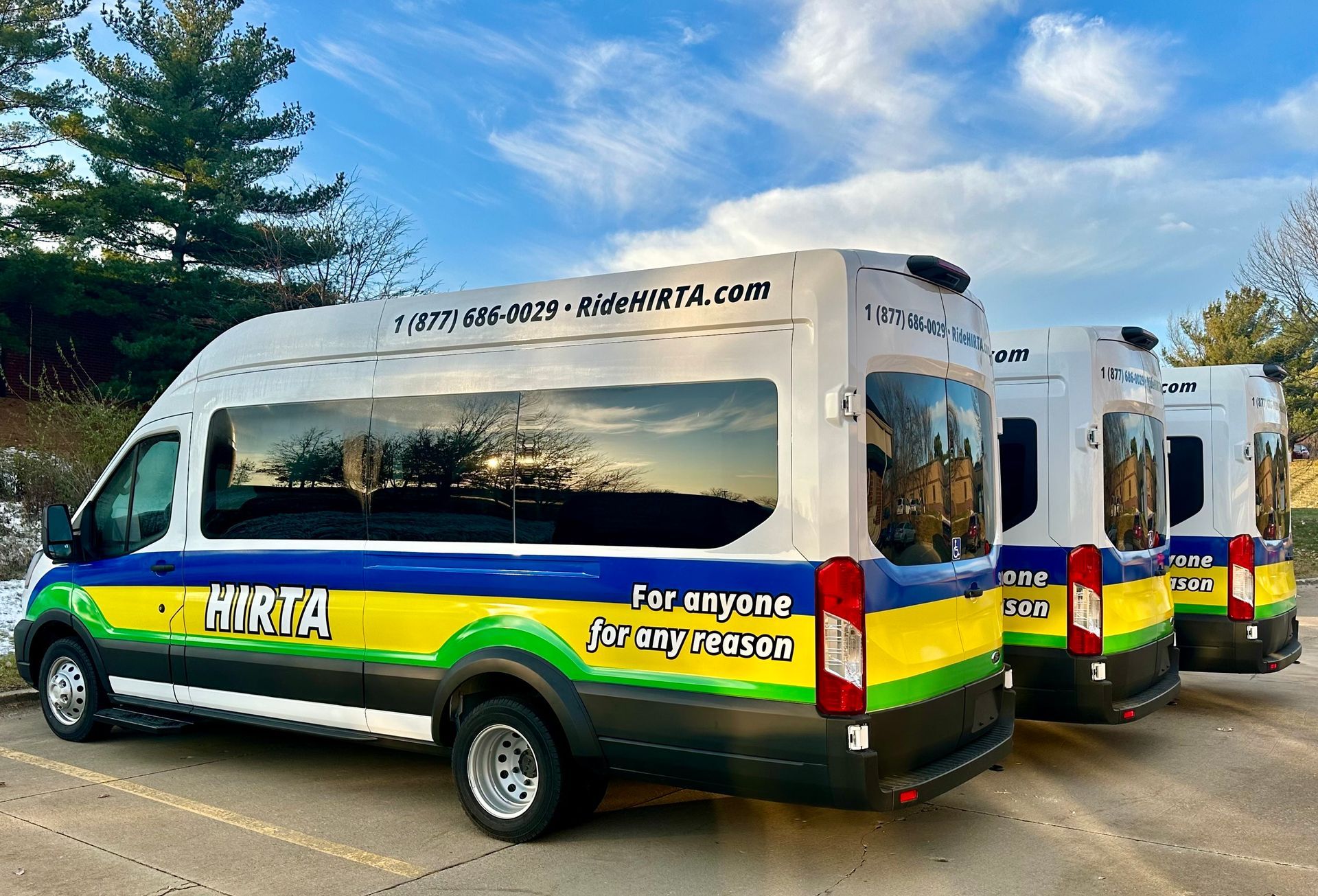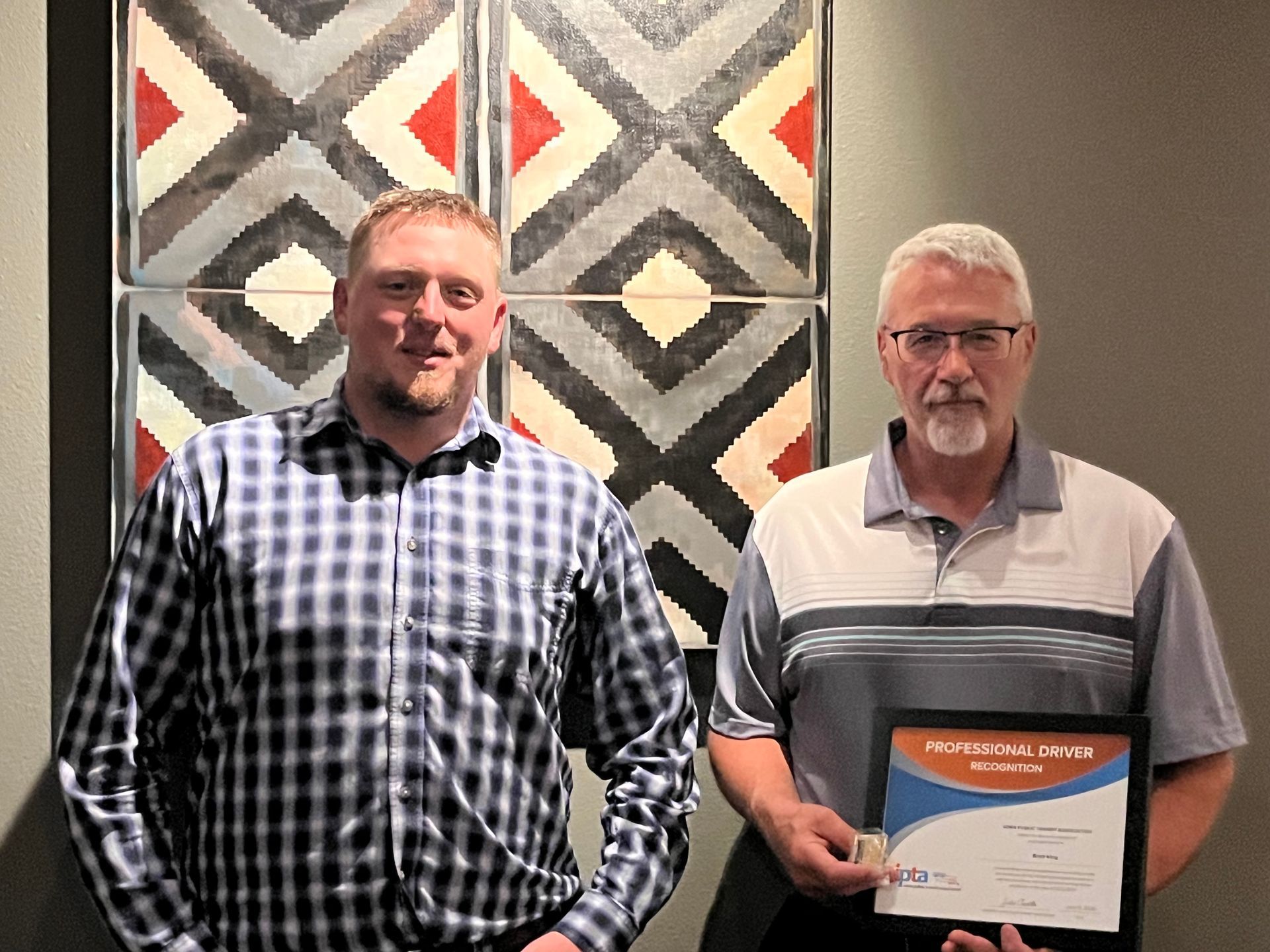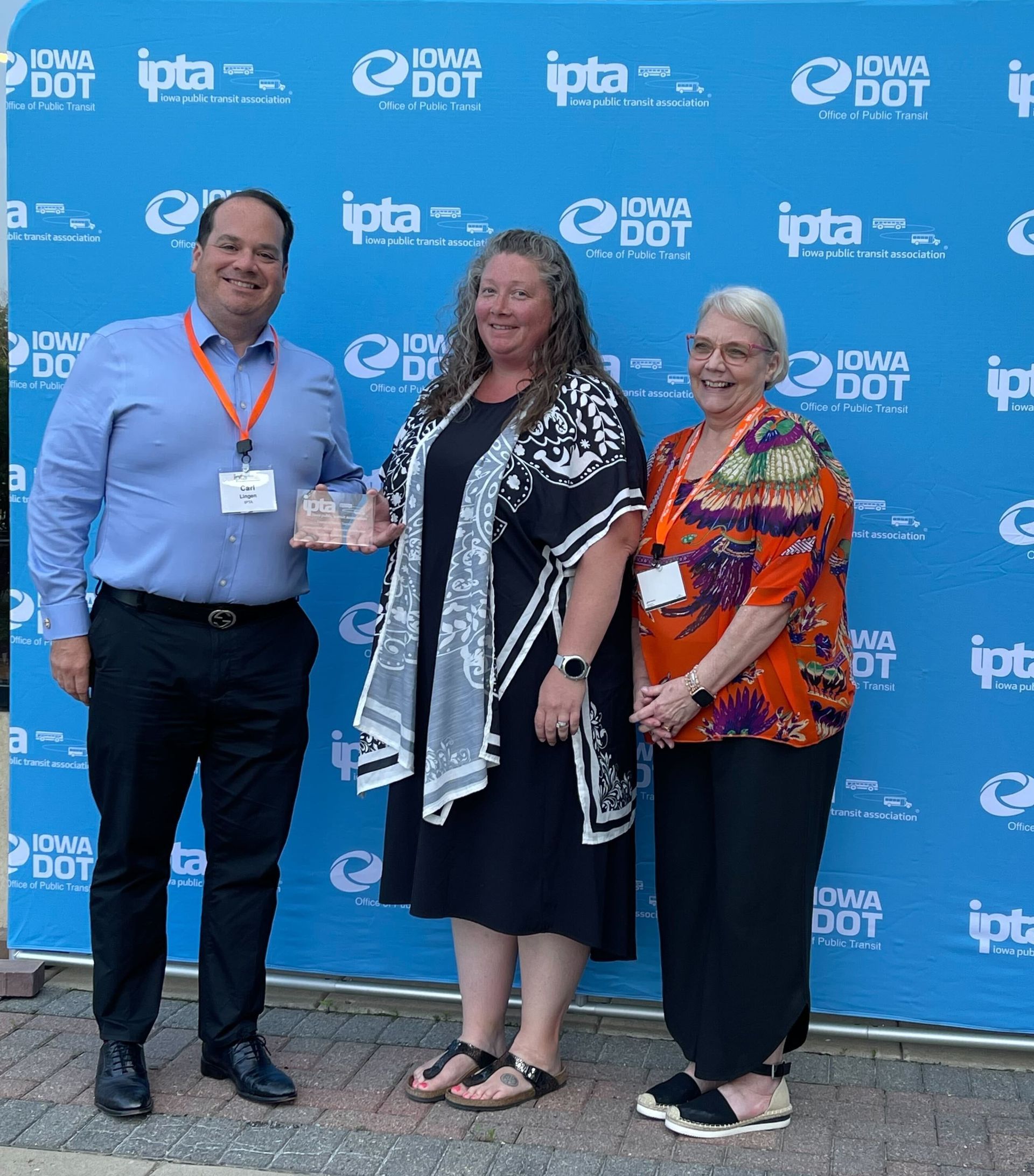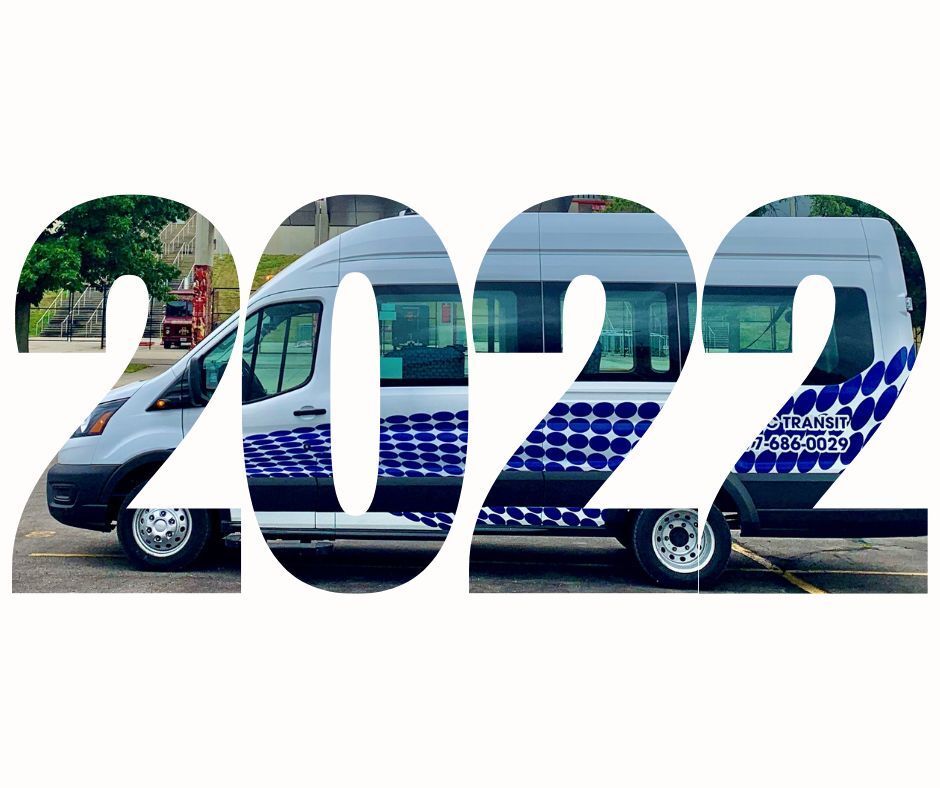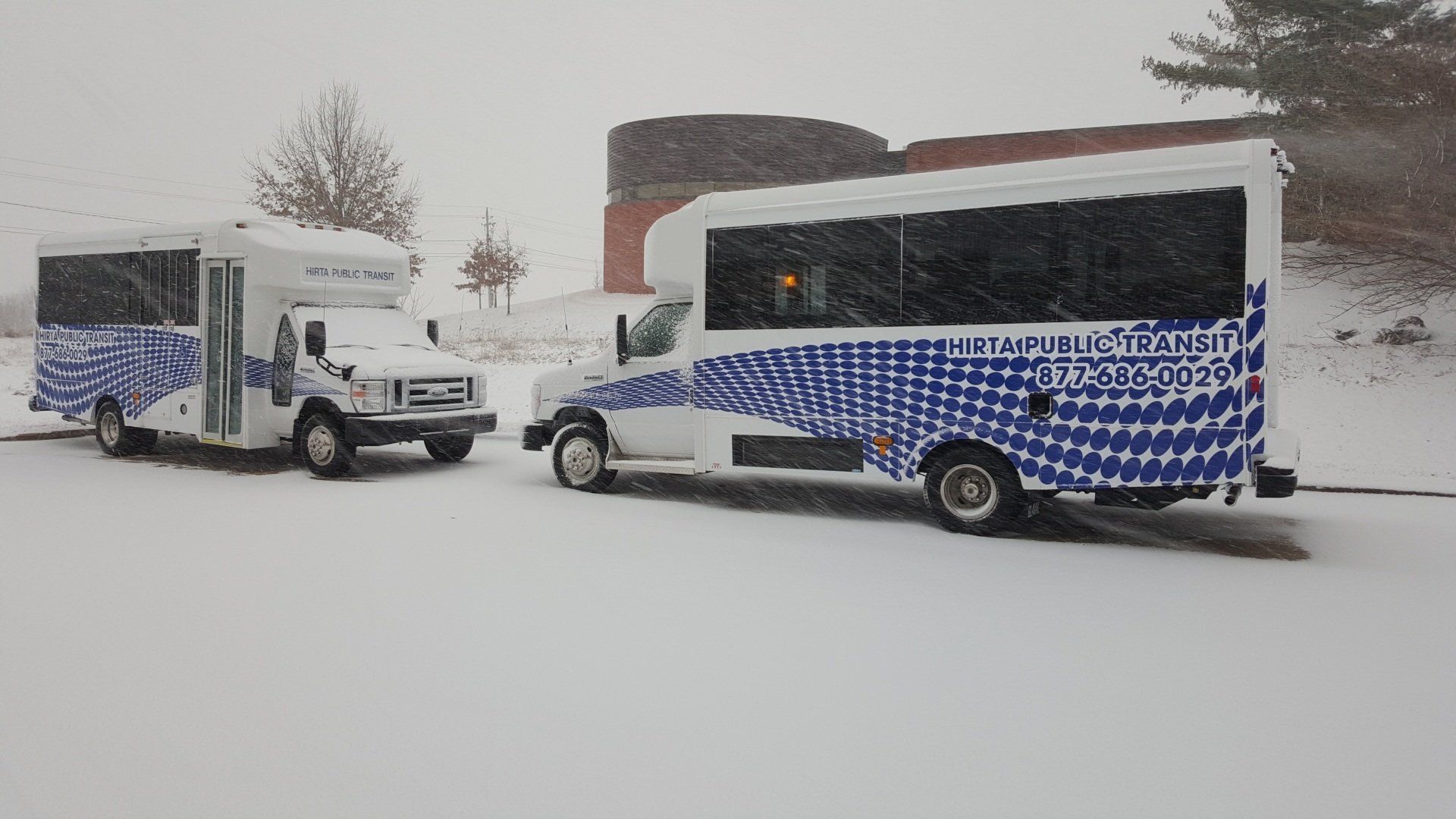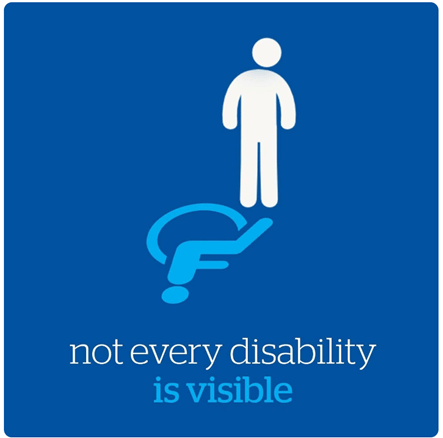Blog Layout
HIRTA staff members traveled to Washington D.C. for the Emerging Leaders Academy
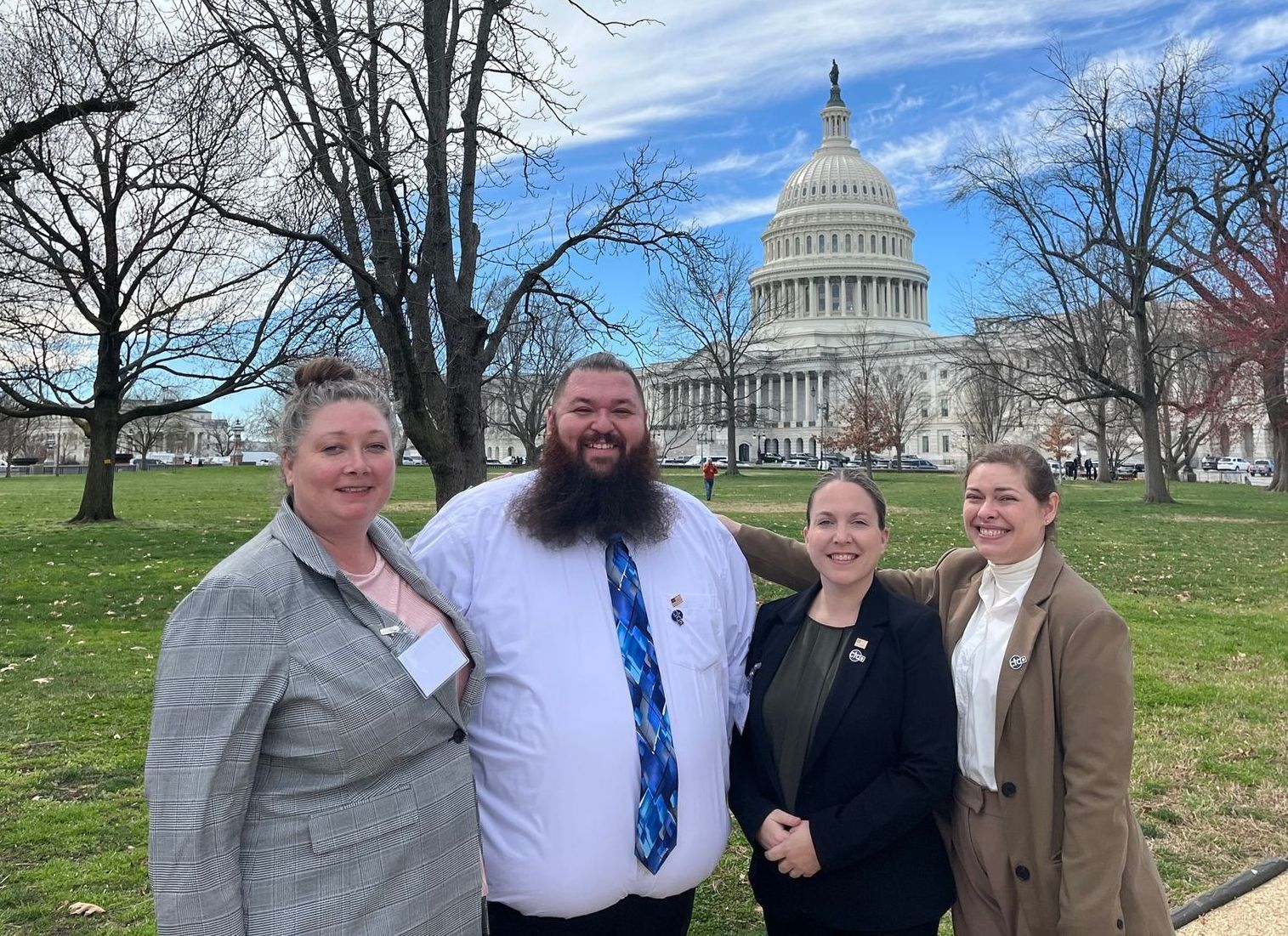
Two HIRTA staff members attended CTAA's Emerging Leaders Academy in Washington D.C. After a week-long leadership course, participants took on the House and Senate, pushing for better Rural Match funding, improved NEPA processes and more. To learn more about CTAA, visit www.CTAA.org. If you have any questions, please reach out.
CTAA's 2024 Legislative and Federal Policy Priorities:
(*denotes a HIRTA priority)
- *Maintain full funding for FTA formula grant programs as authorized in IIJA.
- *Provide 80 percent federal share for all FTA formula grants, regardless of whether these grants are providing operating or capital assistance to public transit providers.
- Create a tier of supplemental Section 5311 funding to be awarded on a STIC-like basis to states in which rural transit providers exceed selected performance benchmarks.
- Assure that FTA recipients and subrecipients can retain all of the proceeds from the sale or disposition of vehicles acquired with FTA financial assistance when they commit to using these proceeds for capital replacement.
- Set aside a percentage of Section 5339 bus and bus facility grants, including Section 5339(c) low-and no-emission bus and bus facility grants, for award to tribal nations' bus, bus facilities, and "low/no" projects.
- *Make the Internal Revenue Code's charitable mileage rate for volunteer drivers the same as the mileage rate for non-taxed reimbursable business travel, and adjust the charitable mileage rate annually, just like the business rate.
- Have FTA establish a public interest waiver from Buy America for standard production vans and minivans, including vans and minivans modified solely to become accessible to wheelchair-using passengers, provided that the final assembly of these vans and minivans takes place in the US, Canada or Mexico.
- Develop criteria for identifying particular states and urban areas with exceptionally low numbers of COL-holding drivers as "transportation professional shortage areas," and give FTA authority to consider waiving any or all provisions at 49 USC Section as requested by FTA recipients in those areas.
- *Require FTA to identify the scope of data collection and reporting requirements currently placed upon its rural, tribal and smaller urban transit recipients, and mandate that no additional data collection or reporting requirements be placed on these transit providers until or unless existing requirements are streamlined, simplified or reduced.
- *Have DOT and HHS take steps to accelerate the implementation of saliva-based testing for marijuana among employers and employees covered by federally required transportation workforce drug and alcohol testing regulations.
- Call upon FTA to allow (and provide guidance concerning) advance and progress-based payments for vehicle procurements likely to take 13 months or more to fulfill, and establish mechanisms by which FTA can allow the use of performance bonds to assure timely, cost-compliant production and delivery of transit vehicles.
- *Change DOT NEPA guidelines to allow FTA recipients to acquire the real estate for bus related facilities prior to beginning the environmental assessment process.
- Provide technical assistance and financial incentives to advance the deployment of charging infrastructure for electric medium-and heavy-duty buses, trucks and heavy equipment where appropriate in smaller communities and rural areas, particularly to enable coordination and partnerships between local utilities, transit agencies, local public works agencies and other fleet operators.
- Establish a program of FTA formula grants14 specifically for tribal nations' transit projects on reservations and tribal lands in urban areas with populations greater than 50,000.
Bus and Vehicle Issues
Today's Reality: At a time of record capital investment, transit buses and vehicles are more expensive and difficult to obtain than at any time in the past three decades.
- Prices have skyrocketed, with systems regularly seeing 50% to 100% increases in cost over previous purchases. Prices are currently so volatile that agreements with manufacturers often are not honored. CTAA members have reported more than $100,000 price increases on the same bus in just six months-- and battery electric versions of vehicles going for more than triple what previous combustion-engine versions cost.
- The challenge in meeting the capital capacity demands of public transit is real. In the past decade in the United States, the large bus marketplace has gone from 11 manufacturers down to 2. In 25 years, the cutaway marketplace has gone from 22 manufacturers to 4.
- Priority consideration given to competitive bus grants that emphasize progress and partial payments will hinder many rural transit operations, whose proposals must come through their state Department of Transportation. These DOTs are often subject to state procurement rules prohibiting such payments.
- CTAA members buying large buses are concerned that in a constrained bus manufacturing environment, their smaller-volume purchases will go unfulfilled as higher volume orders from the largest transit systems take precedence on production lines.
- For both the large and small bus markets, CTAA and its members would like the Asset Management Plans required of all FTA recipients to be studied in order to understand the minimum number of buses needed annually to maintain a state of good repair in the transit industry; evaluating whether or not the current vehicle manufacturers can meet this minimum production amount only after this essential analysis.
- CTAA and its members support all efforts to streamline and simplify the procurement process, as well as the development and use of common, performance-based bus specifications that include approved alternatives.
- In terms of reducing bus procurement specialization across both large and small vehicles, CTAA and its members are interested in further dialogue. Price decreases and reduced delivery times are necessary for CTAA members to proceed with this discussion.
- CTAA and its members would like to see a common-sense approach brought to Buy America waivers currently being considered. The Transit Industry needs to attract new manufacturers into the small and large bus marketplaces, strategically leveraging Buy America waivers that can result in new Buy America-compliant bus builders should be emphasized.
